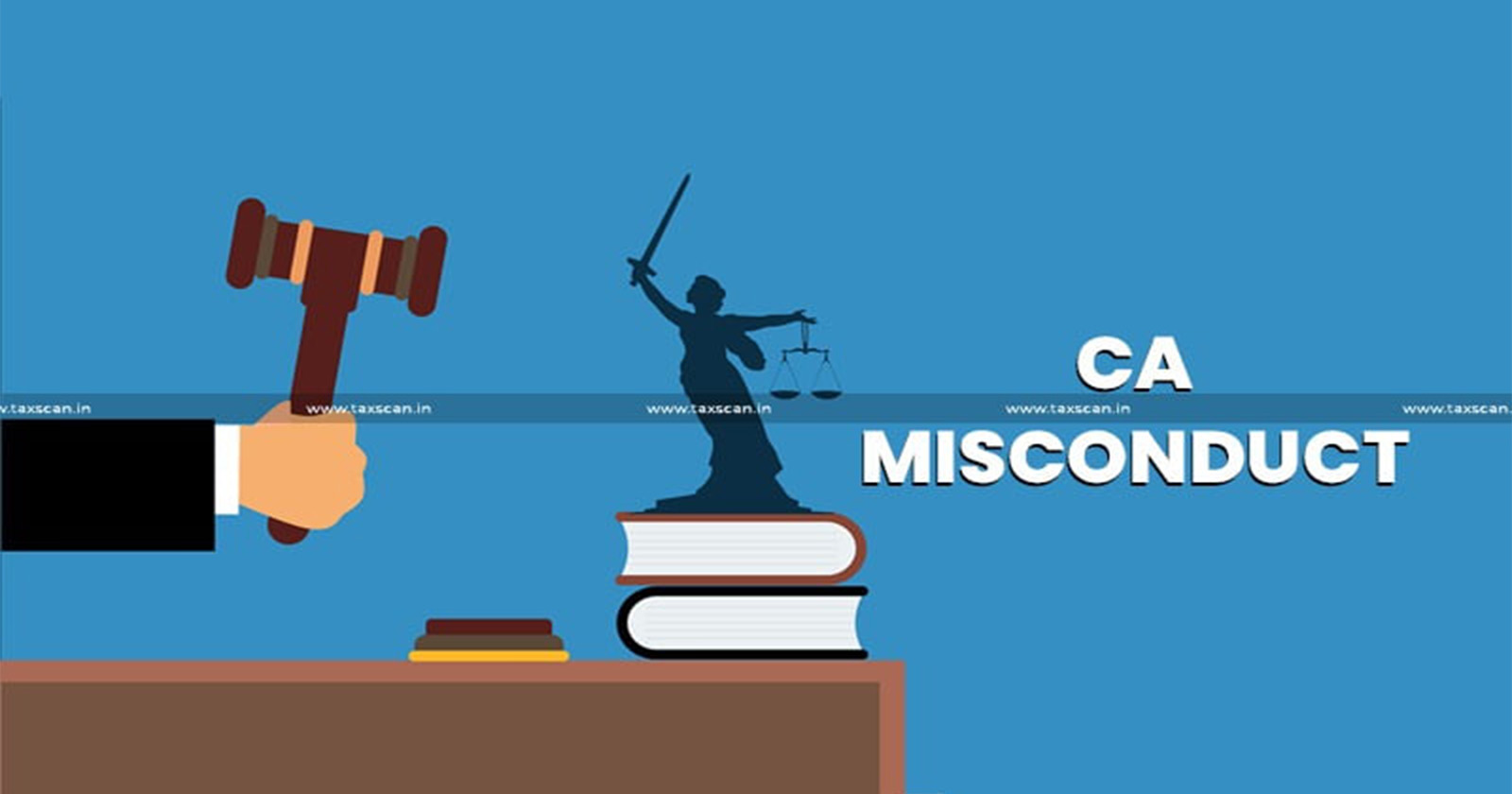CA Misconduct, Cheque Forgery and using Tax Money for personal purposes: Delhi HC upholds Guilty Verdict of Disciplinary Committee of ICAI [Read Order]
Delhi HC upholds Guilty Verdict on Misconduct of Chartered Accountant in alleged cheque forgery and usage of clients’ tax money for personal needs

CA Misconduct
Cheque Forgery
Tax Money
CA Misconduct
Cheque Forgery
Tax Money
“The role and function of a Chartered Accountant (CA) is extremely important in the functioning of any organization. Given the nature of duties discharged by a CA, they enjoy the full faith and trust of all parties, and thus, the profession of Chartered Accountancy requires utmost sincerity, with no place for dishonesty. The Conduct Rules indicate that Chartered Accountants must perform their jobs with integrity and it also indicates zero tolerance towards the CA if dishonesty is proved.”
—Delhi High Court
A Single Bench of the Delhi High Court has upheld the guilty verdict on a Chartered Accountant (CA) delivered by the Disciplinary Committee of the Institute of Chartered Accountants of India (ICAI) on allegations of Cheque Forgery and usage of tax money of clients for personal purposes.
The petitioner sought to challenge the order dated July 30, 2023, issued by the Appellate Authority, ICAI, which mandates the removal of the petitioner's name from the ICAI's Register of Members for nine months and imposes a fine of Rs.1,00,000.
Additionally, the petitioner aims to contest the Disciplinary Committee's order of February 10, 2022, which found the petitioner guilty of Professional Misconduct under the Chartered Accountants Act, 1949 (CA Act).
According to the case details, Dr. Kanchan Kumar Saxena, CEO of Bhopal Sahakari Dugdha Sangh, Maryadit, filed a complaint alleging that the petitioner, who worked as a Tax Consultant for the Society between 2013 and 2015, forged cheques and transferred Rs.1.90 crores into personal accounts instead of depositing the amount with Statutory Authorities.
The petitioner denied the allegations before the Disciplinary Committee, asserting that the entire amount had been transferred to the Society. The Disciplinary Directorate found the petitioner guilty, stating that Rs.2.60 crores had been remitted for tax payment, with Rs.70 lakhs still outstanding.
The Disciplinary Committee subsequently ordered the removal of the petitioner's name from the ICAI's Register of Members for one year and imposed a fine of Rs.1,00,000. The petitioner challenges this decision, claiming procedural irregularities and excessive punishment.
The Counsel for the petitioner argued that the ICAI did not follow the Conduct Rules and that the Disciplinary Committee's decision to proceed under Rule 9(2)(b) is contradictory. He alleged that the procedures on January 29, 2021, violated the Conduct Rules and that the Committee denied the petitioner the opportunity to present evidence.
The Counsel of the petitioner, notably had admitted the petitioner's guilt during the appeal but argued that the punishment was too severe. The Appellate Authority had acknowledged the confession of guilt but reduced the punishment from one year to nine months.
“The present case is a classic case of rank dishonesty on the part of the Petitioner herein. Material on record indicates that even after the Petitioner herein stopped being the CA of the Society, he was connected with the working of the Society till 2015. Cheques were given to the Petitioner by the Society in good faith and he has misappropriated the money and has encashed the cheques. Even though the amount has been returned after the FIR was lodged but the fact that the money has been returned cannot absolve the Petitioner of the default”, the Single Bench of Justice Subramonium Prasad at Delhi High Court observed.
It was thus held that, “This Court, at this juncture, is not going further into the merits of the case lest it will have an adverse effect on the criminal case which is pending against the Petitioner and, therefore, the observations of this Court are only confined to the question as to whether this Court should exercise its jurisdiction under Article 226 of the Constitution of India to interfere with the orders challenged in the present Writ Petition.”
It was further opined that, “The Petitioner is guilty of a very serious misconduct that has the ability to shake the faith of persons in the profession of Chartered Accountancy and the larger Institute of Chartered Accounts. The Appellate Authority has been considerably lenient on the Petitioner by reducing the period of punishment from one year to nine months. This Court is of the opinion that no further reduction in the quantum of punishment is necessary”.
In view of the same, the Delhi High Court held that, “Keeping in mind the seriousness of allegations against the Petitioner which have been proved in the proceedings, this Court is not inclined to interfere with the judgment passed by the Appellate Authority.”
To Read the full text of the Order CLICK HERE
Support our journalism by subscribing to Taxscan premium. Follow us on Telegram for quick updates


